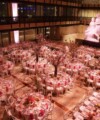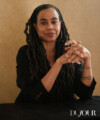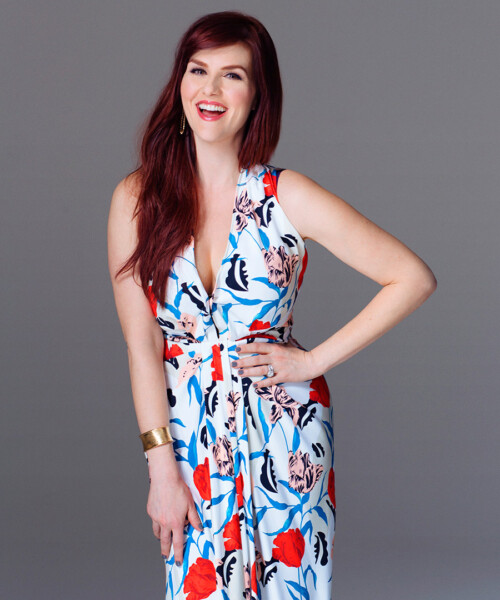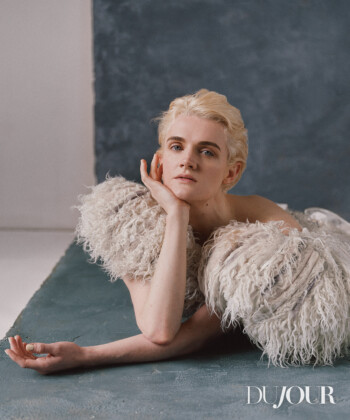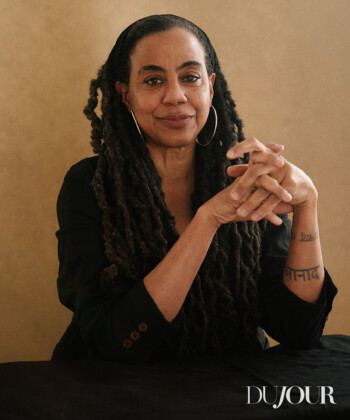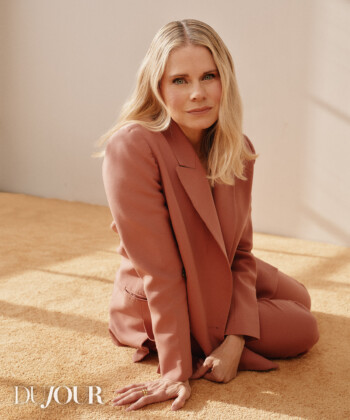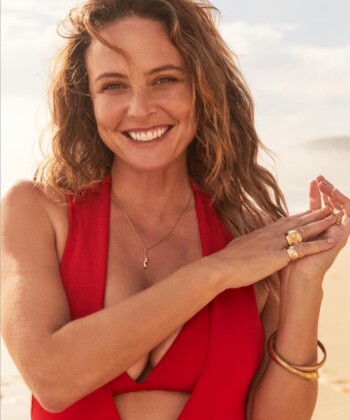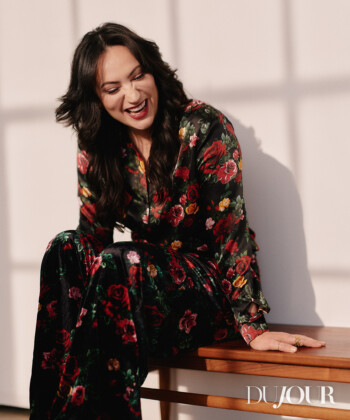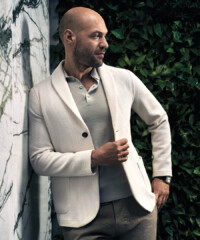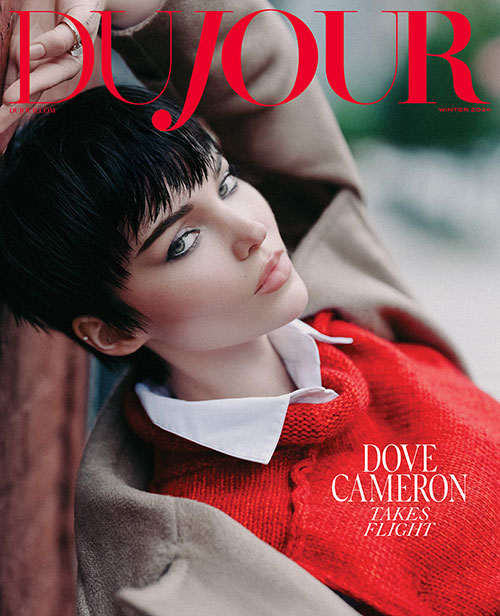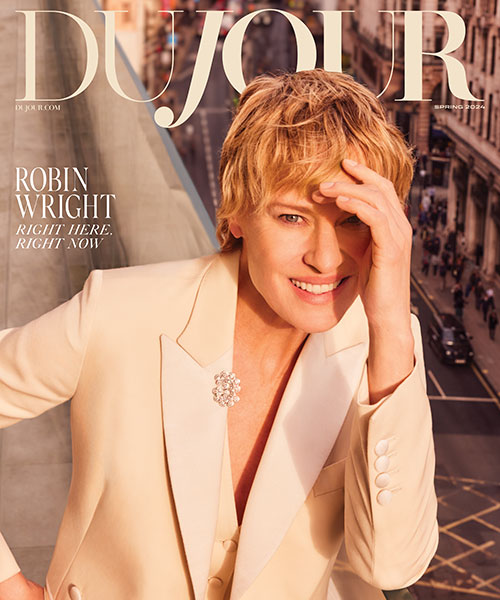On the new TV Land series Impastor, a down-on-his-luck gambling man (Michael Rosenbaum’s Buddy Dobbs) jumps at the chance to start a new life by impersonating a pastor in a small town, seemingly worlds away from his problems. One of the characters he first encounters is a devoted assistant named Dora, played with heart and more than a dash of arch humor by TV veteran Sara Rue.
Here, Rue explains what made the seemingly straight-laced character exciting and the circumstances under which she herself is willing to take on an assumed identity.
Is it true there was a kind of mix-up that brought you to this part?
How it all got started was my agent gave me a few scripts at once actually. There was one that was a weird, dark FX show, and one that was a TV Land show. So I read the weird, dark one first and I was like, I don’t need to read another one, I love this one lets go after it. It turns out the one that I thought was the weird, dark FX one was the weird, dark TV Land one I just had no idea. So, there was a little bit of a confusion there but once we figured it out they sent me the information on the show and I was like ‘No, no, no, I like the one about the pastor!’ and they were like ‘That’s TV Land!’ and I was like ‘There’s cursing and smoking, there’s no way it’s TV Land!’ and they told me ‘It is!’
What was it about the script that got you so amped up?
I read the script and I laughed out loud—that so rarely happens. Sometimes you read a script and you’re like, yeah, it’s OK, and then you play it and it’s great. With this script, it’s all on the page already.

Sara Rue in Impastor
Your character, Dora, is fun. On one hand, she’s super religious and into the church, but on the other hand she’s got kind of a badass side.
I like the idea of playing someone who’s very steeped in her religion but also very progressive. It was exciting to me to play someone who is the most upstanding member of her church, but also was very excited about bringing in a gay pastor into lead her community. I thought was very cool.
The show is based on the idea of secret identities and, to some degree, reinvention. Have you ever—aside from the, you know, acting—pretended to be someone else?
Sometimes if there’s a moment in the middle of dinner and someone comes up and goes, ‘Are you an actress,’ I’ll just say no. But I also think the show is about redemption. The Buddy character’s starting anew in this messed up way, he sees this opportunity at the moment and he takes it, and he tries to do good, even though he’s not qualified. He actually tries to be a good guy, and I think that’s what’s cool about the show, you have people to root for.
Does playing a character with such a positive outlook rub off on you at all?
It does—and I think my husband is thrilled about it. He always says something really great when I’m pissed off: I’ll say someone’s being a jerk, and he’ll say, ‘You know what? They’re flawed.’ I think that’s a great way look at people in general. And I sort of took that way of thinking when I was working on this character, because I think that’s what she does. She empathizes with everyone so she can never really be angry with anyone.
As long as they don’t interrupt your dinner.
I’m never angry!
Main photograph shot by Isaac Sterling


